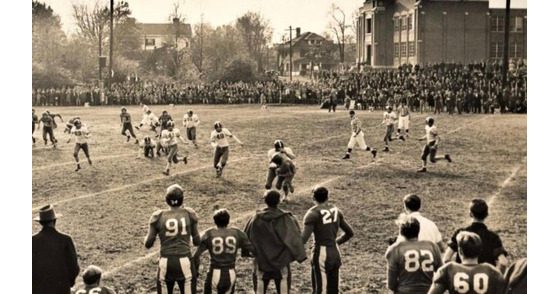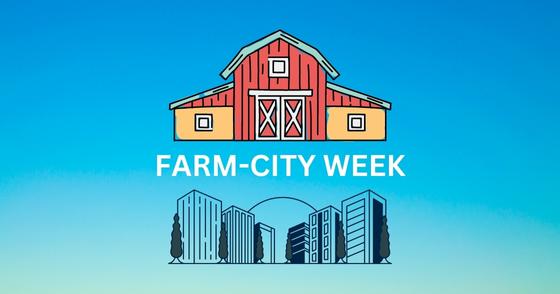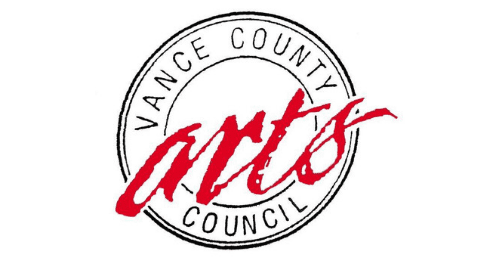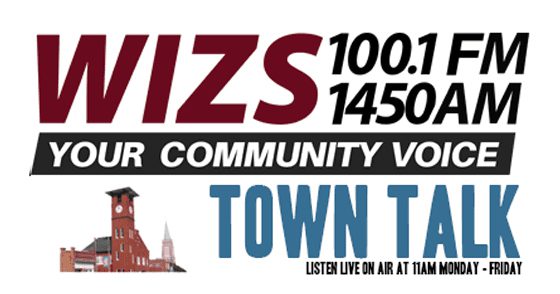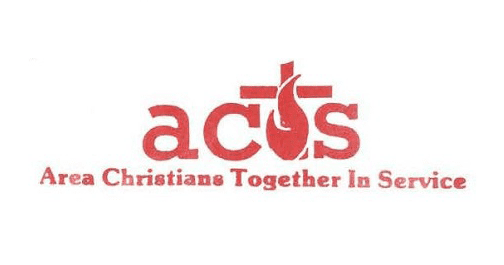The Henderson City Council approved funding two projects as it continues to spend down its opioid settlement money.
Community Partners of Hope asked for $140,000 to create a community recovery and resilience center. It will work in close partnership with Vance Recovery – in fact, the space beside Vance Recovery’s Andrews Avenue location will be renovated to provide services that also will include other working with other community agencies to provide support to those in crisis.
Jane King and John Mattocks provided an overview of the program proposal from their different perspectives, King from CPOH and Mattocks from Vance Recovery.
The money will allow CPOH to expand its services and be a resource not just for homeless men, King said, but for families in need, something Mattocks told Council members Monday had been “sorely missing.”
Over the next few years, the goal is to be a resource for prevention, reducing and eliminating recidivism and ER visits, as well as overdose deaths. Another component will be CPR training and how to administer Narcan.
“We want to be a welcoming place for people who are suffering the stigma of addiction,” Mattocks said, adding that having connections with other community resources like Day Mark’s mental health component as well as NC Works for employment opportunities.
Mattocks expects to take a few months to renovate the adjacent space and hiring an administrator before the program can be ready to serve.
Another $50,000 was approved to create two Recovery Alive homes – one for men and one for women.
Recovery Alive, Inc.’s CEO, Tisha Temple, defines an RA home as Christ-centered, sober living homes for individuals who have completed a treatment program and who are ready to begin next steps toward independent living.
“We are super excited about the work that we get to do with Henderson,” Temple told WIZS News. Temple is a native of Henderson and has been sober for the past 11 years.
She currently lives in Johnston County, and started the Recovery Alive, Inc. ministry there about four years ago.
Since then, more RA homes have been established in other North Carolina counties, as well as West Virginia and Alabama.
Temple said, “There is a need in Henderson and Vance County, and the money is just sitting in the bank,” she said of the opioid settlement funds disbursed thus far to Henderson.
“We’re going to be able to help save some lives and restore some peace and serenity to our surrounding areas, if we are able to utilize the funding in a way that is evidence-based and proven effective to make a difference.”
The next step for Temple is to identify and lease two properties in Henderson to create the homes, one for men and one for women and then prepare them for occupancy – they’ll be fully furnished to create a real home atmosphere. The residents will be responsible for paying household bills, and will get help and support with those independent daily living skills to prepare them to go out on their own and be successful.
She’s seen the concept work in the other RA homes, where residents grow, learn and move out to begin their lives anew.
“It’s a beautiful thing to see,” she said. “We’re grateful for the opportunity to serve.
I’m excited to be able to expand what we’re doing out to Henderson – we are very grateful.”
Temple is so passionate about the RA homes because a similar type of program helped her get back on her feet. She’s come a long way from being a homeless addict on the streets of Henderson and she wants to be able to offer others the help that she received.
“I know that we can get better. I know that with the right resources, the right support system and with the right levels of recovery care that people, communities and families can not only get better, we can help other people get better.”
The $7.4 billion opioid settlement will support opioid addiction treatment, prevention and recovery programs over the next 15 years in all 50 states, Washington, D.C. and four U.S. territories.
CLICK PLAY!


